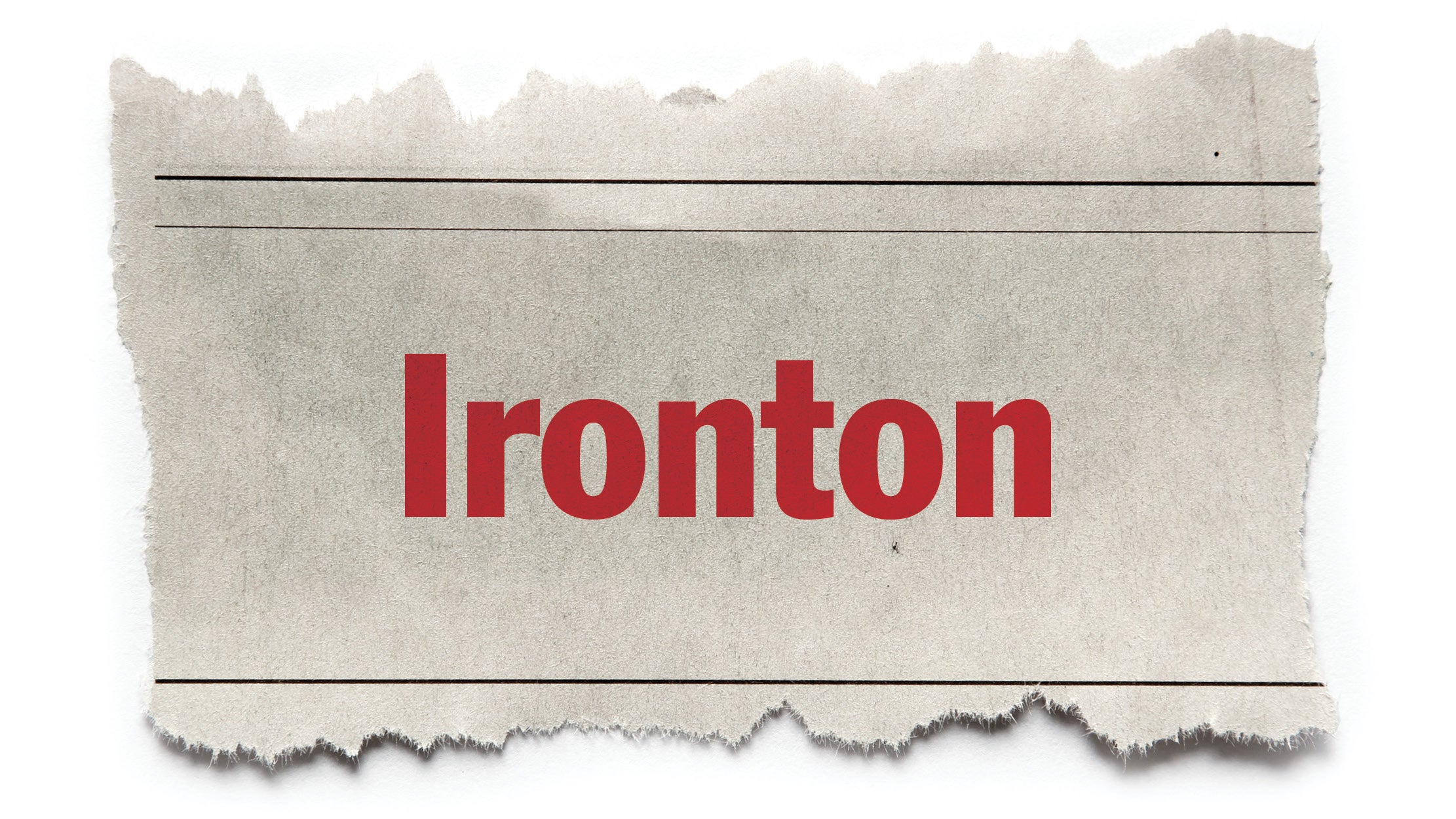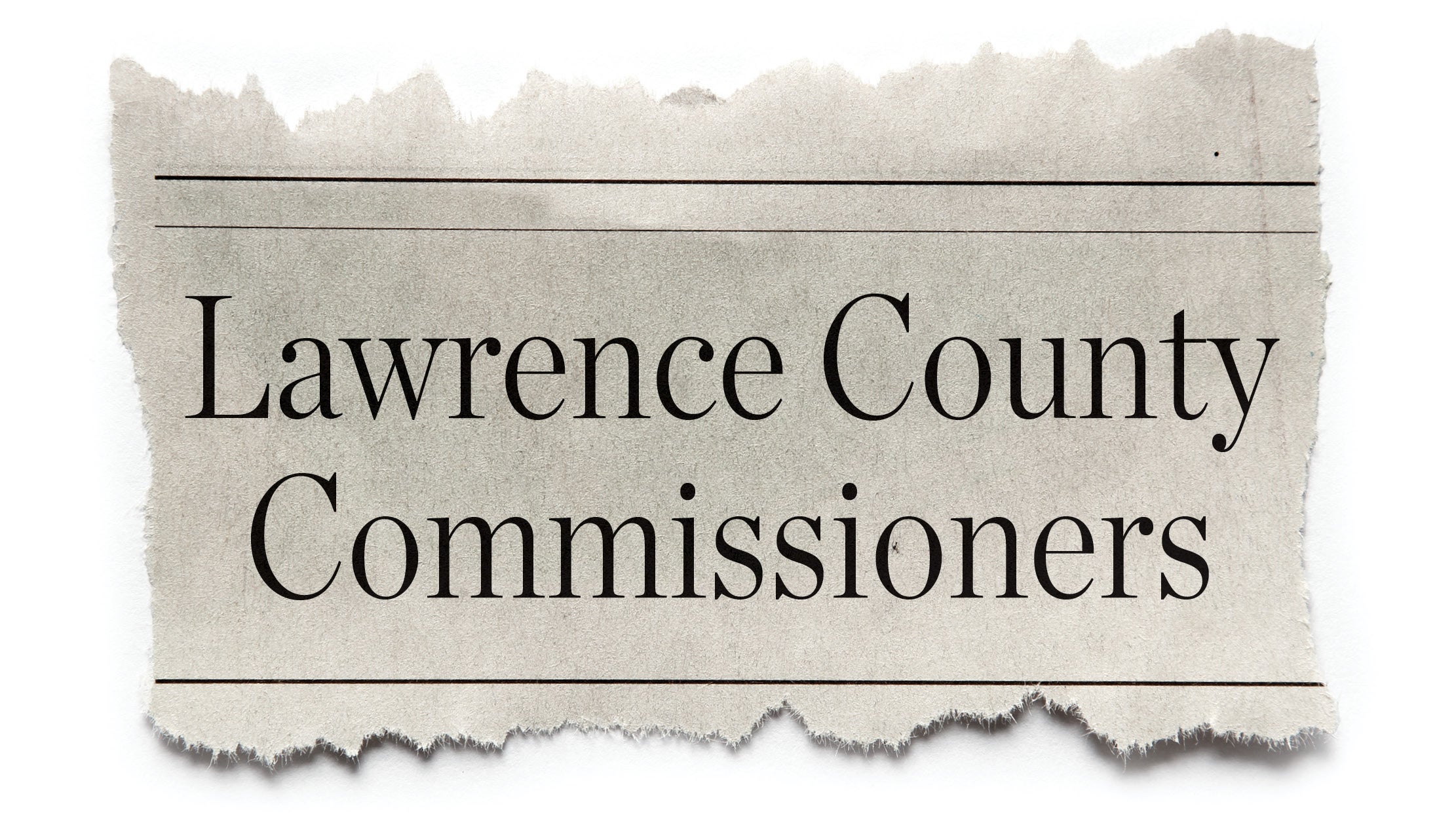OU president visits Southern Campus
Published 7:57 pm Saturday, August 11, 2018
Nellis talks with local business leaders
On Friday, the president of Ohio University came to the Southern Campus to talk to local industry leaders.
This was OU President M. Duane Nellis’ second visit to the campus. At the business roundtable, he talked about the needs of the area, including creating classes to help students get hired by local employers, creating access to life long learning the lack of internet access in this rural area and the battle against the opioid epidemic.
Nellis said there is a “critical need” for Internet access for many people in Lawrence County.
“It is similar to electricity in the 1930s,” he said, adding broadband internet is needed for everything from economic development to people who have heart monitors that need to send information digitally.
OUS got its start in 1956 with college-level classes held at night at the Ironton High School. The Proctorville Center began in 1979 in a trailer on the Lawrence County Fairgrounds. Both campuses have grown over the past decades to now offer more than 30 degree and certificate programs of learning.
Nellis asked the assembled business leaders if OU was serving the community well enough and what they could do to make it better.
“Employers can go to training coordinators to customize our services to better fit your needs,” he said. “It can go beyond just a degree. We have lifelong learning, continuing education. Ohio University is well positioned to meet those needs.”
Nellis said that the college works with a diverse economic development groups in Lawrence County and with businesses to be a partner with the community and its needs.
“We get great feedback on business needs,” he said, adding the goal is to use “the university as a vehicle to advance the region.”
As for the drug abuse issue, which is often a hindrance for employers to find reliable employees, Nellis said there are many entities working on this but its not coordinated
“We have a university-wide task force to address the issue in a holistic way,” Nellis said. “The impact of drug use impacts many dimensions in the community and the university needs to help.”



